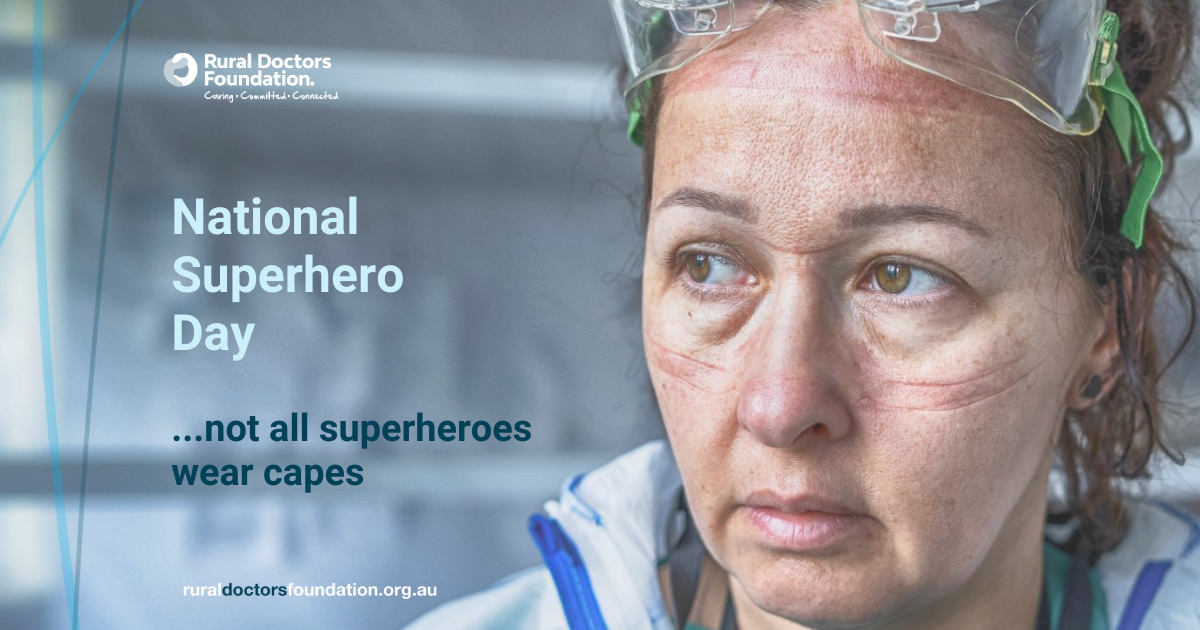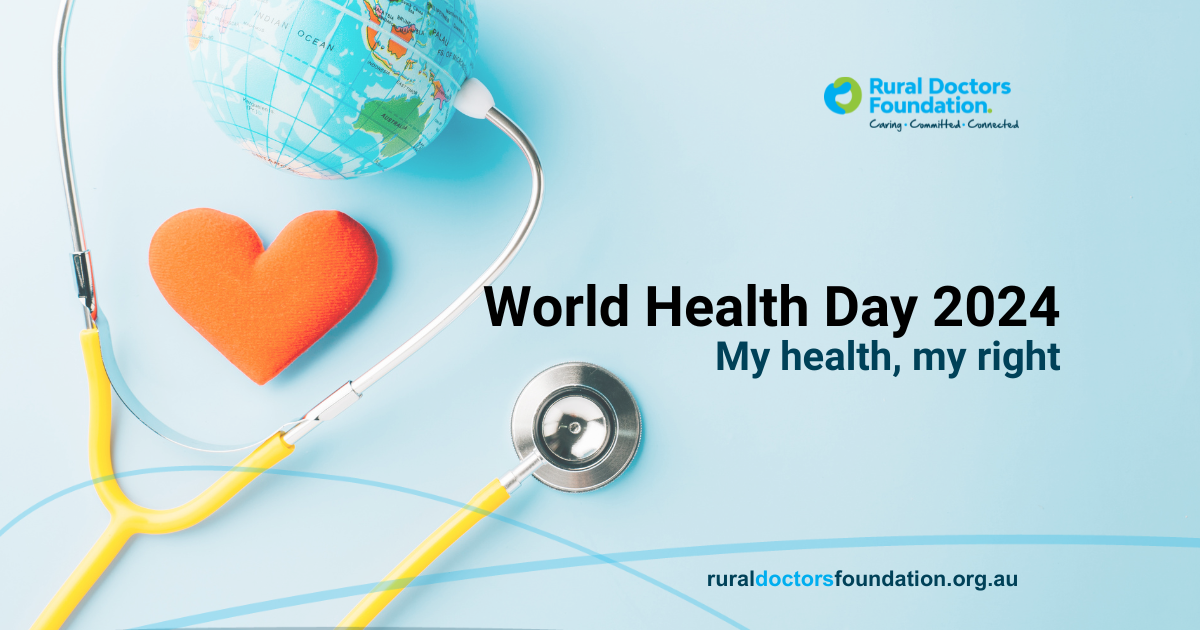The month of June has been dedicated to Bowel Cancer Awareness.
Bowel cancer is the second deadliest cancer in Australia, and Australia has one of the highest rates of bowel cancer in the world. It is extremely important that we prevent and treat bowel cancer as early as possible, as when it is detected early more than 9 out of 10 cases can be successfully treated.
Another name for bowel cancer is colorectal cancer. Bowel/colorectal cancer can affect any part of the large bowel/intestine. The colon and rectum are parts of the large intestine. The role of the colon is to absorb any nutrients or water from partially digested food. The remaining product at the end of this absorption process is stool, which is stored in the rectum.
Sometimes along the inside of our bowels new growth can occur, called a polyp. These are usually not harmful however over time some polyps can turn into cancer.
Bowel cancer can affect people at any age, but the incidence increases past 50 years of age.
Your risk of bowel cancer increases if you:
- have a family history of bowel cancer, Lynch Syndrome, Familial Adenomatous Polyposis
- have inflammatory bowel disease (IBD) including Chron’s disease or ulcerative colitis
- have a history of polyps
- eat a low fibre diet or diet high in red and processed meat
- being overweight or obese, or
- drinking alcohol.
Given these risk factors, things we can do with the help of our GP to improve the health of our bowels include:
- Limiting your alcohol intake to less than 2 standards per day
- Maintaining a healthy weight
- Regular physical activity by doing at least 30 minutes of physical activity across 5 days of the week
- Stopping smoking
- Limiting red meat consumption to 455g per day (cooked) and avoiding processed meats like pies, salami, sausages
- Eating a varied diet with wholegrains, fibrous foods and dairy products
When to see your doctor
Some people with bowel cancer may not experience any symptoms. Some symptoms of bowel cancer include:
- recent but consistent change in your stool pattern e.g. diarrhoea, constipation, and cycling between the two
- consistent change in the shape of your stool e.g. thin stool
- blood in your stool
- weight loss
- fatigue
- abdominal pain
- unexplained low iron levels or anaemia
If you are concerned about your bowels, your rural GP can order a bowel cancer screening kit for you. The test is simple, and you can complete the sample yourself.
Once you have collected a sample of your stool, it is analysed in a lab to find traces of blood, and the results are sent to your doctor. If any blood is detected you may be asked to have an endoscopy or a colonoscopy. This is where a flexible camera is passed through your food pipe or bowels so that a doctor can have a detailed look at what is going on inside your bowels, and can remove and analyse any polyps that are present.
Treatment options available for Bowel Cancer
Treatment options available to someone with bowel cancer will depend on many factors including (but not limited to) if the cancer has spread to other organs in the body, baseline fitness, frailty and other conditions you may have. Treatment may involve a combination of the following:
- surgery – to remove part or all of the large bowel
- radiotherapy – radiation is aimed at the cancer to shrink its size before surgery
- chemotherapy – to reduce the chance of cancer returning after surgery
- systemic treatment – a broad term that includes chemotherapy, targeted therapy and immunotherapy, which are drugs that need to go through your blood to reach the cancerous cells
- palliation – treating the symptoms of the cancer such as pain and discomfort, without aiming to cure the person of cancer itself. This is to improve the quality of life of the individual
Have you received a bowel cancer screening kit in the mail?
If you are between 50-74 years old, every 2 years a bowel cancer screening test is sent to you in the mail.
Currently only 40% of people who are sent these free tests complete a sample.
People with bowel cancer might not have any symptoms at all, so it is important to do regular screening.






